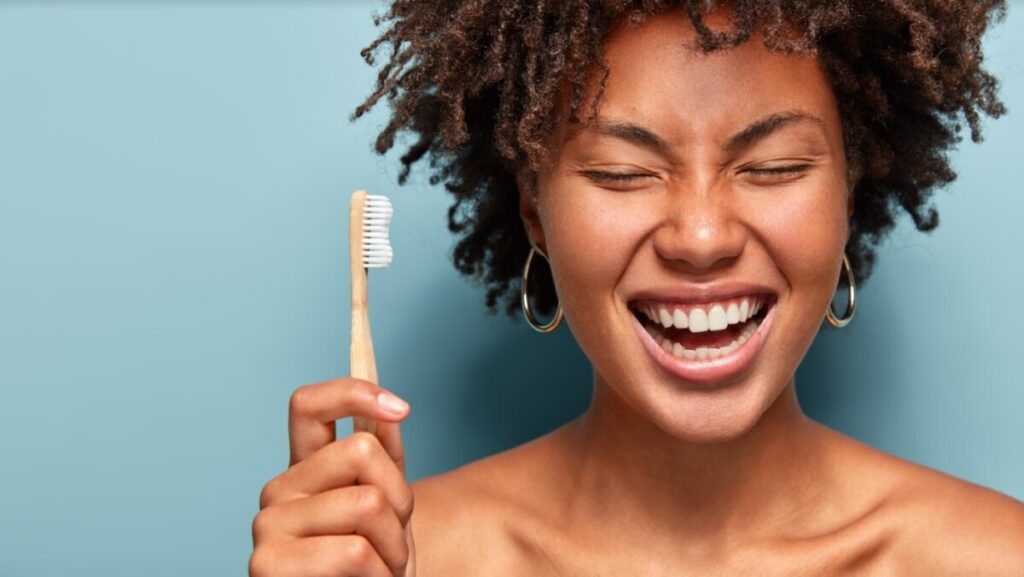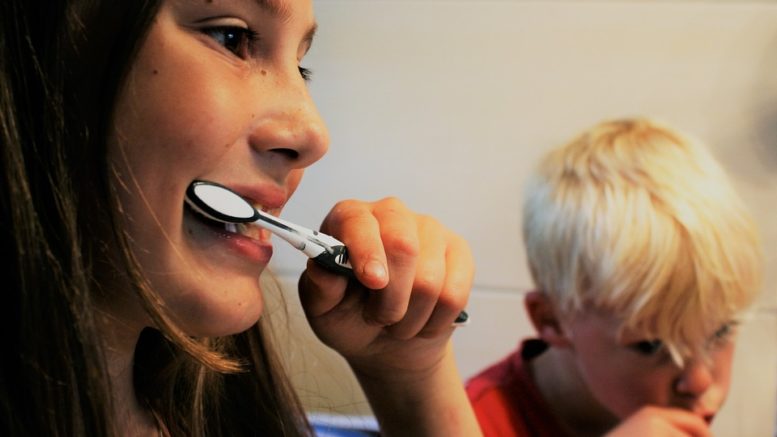Activated charcoal is almost everywhere these days. From the latest makeup products and skin care whitening to the go-tos of oral care like mouthwash and toothpaste, it’s become a featured ingredient in a good number of personal care products. Though, one may still question whether it’s all just a gimmick or if it actually works.
One way to know for sure is to listen to the experts. What do dentists have to say about activated charcoal on toothpaste? Do they recommend these products? Read on to learn more.
Why Use Charcoal?
Charcoal is a porous black carbonic substance that results from the burning of wood or other organic matter. It “activates” when burned at higher temperatures and turns adhesive-like.
Activated charcoal’s stickiness is one of the main reasons it’s used in various medical fields to absorb toxins in the event of poisoning. But does the same concept apply for removing plaque and tartar stuck on enamel?
Should You Go For Charcoal Toothpaste?
There hasn’t been a particularly solid reason to “go out of one’s way” for charcoal toothpaste. In fact, the ADA or American Dental Association deems the opposite to be true. The organization found no “strong science” backing up claims of the product’s whitening prowess. In some instances, it was even found to damage teeth and gums.
Aside from being sticky, activated charcoal also has an abrasiveness that can scrape away at the teeth’s enamel. As a result, it can make teeth more sensitive and vulnerable.
Enamel is the tooth’s outer layer and the main recipient of a toothpaste’s whitening effects. Contrary to claims of charcoal whitening this part of your teeth, it actually scuffs away at it and exposes the more sensitive dentin layer.
Ideally, modern toothpaste and toothbrush pairings should be designed to clean teeth surfaces as gently as possible. It’s then down to you to do the job as thoroughly as possible without being too rough with your strokes. Regardless of how gently or harshly you brush, activated charcoal can harm your teeth and gums either way.
How Safe Is Charcoal Toothpaste?
The truth is, the best you may get from charcoal is slightly less stained teeth. Even then, you might not want to deal with the consequences of exposed dentin. If you want to completely remove teeth stains, consider dropping by this family dentist in Clackamas.
Is there anything to note about charcoal toothpaste with regards to safety? Here are some of the things we know about charcoal toothpaste so far:
Not ideal for daily use
Charcoal toothpaste is too abrasive to expose your teeth to, twice a day, every single day. It chips at your enamel, bit by bit, eventually bringing to the surface a layer of calcified tissue called the dentin. So much for teeth whitening, right?

Most of the time, charcoal and fluoride don’t mix
Sans fluoride, charcoal toothpaste won’t be able to do much to strengthen enamel and provide protection against decay and cavity. This has created a link between charcoal toothpaste and faster tooth decay.
Teeth staining
At the end of the day, organic charcoal toothpaste may end up staining your teeth more than reducing it. Despite lightly scraping away at stains initially, this brand of toothpaste will eventually lay your teeth bare, exposing the yellow beneath the enamel.
Limited knowledge of its effects on dental restorations
There is yet to be anything conclusive regarding the effects of activated charcoal on bridges, implants, crowns, veneers, and the like. Yet, what is known is that charcoal particles can build up between artificial teeth and mark them with dark outlines.
More often than not, charcoal toothpaste ends up yellowing teeth instead of whitening them in the long run. Initial stain removal early on may mislead you into thinking it’s doing its job, but that’s simply the particles chipping away at the topmost surface until it fully exposes what’s underneath.
Charcoal might not do anything more than affect the aesthetics of your teeth short term. However, its long-term effects can be farther-reaching, doing as much as impacting your oral health in the long run. Plus, the fact that there’s not much known about its effects on dental procedures only adds further doubt to the product’s claims.
If Not Charcoal Toothpaste, Then What?
It’s safe to say you won’t have any problem looking for alternatives to charcoal toothpaste. Modern dentistry will spoil you for choice not just with dental products and accessories but also with innovative practices for long-term oral care.
Teeth whitening the natural way is said by experts to be the best. There’s nothing more effective than maintaining healthy oral hygiene by brushing twice daily using an ADA-approved whitening toothpaste or whatever type of toothpaste suits your teeth. It will also help if you limit your intake of enamel-staining substances, like wine and coffee.
Of course, you can’t forget to schedule dental appointments regularly. It may seem like your set of pearly whites is as healthy as ever, but there’s always more than what meets the surface where oral care is concerned.
